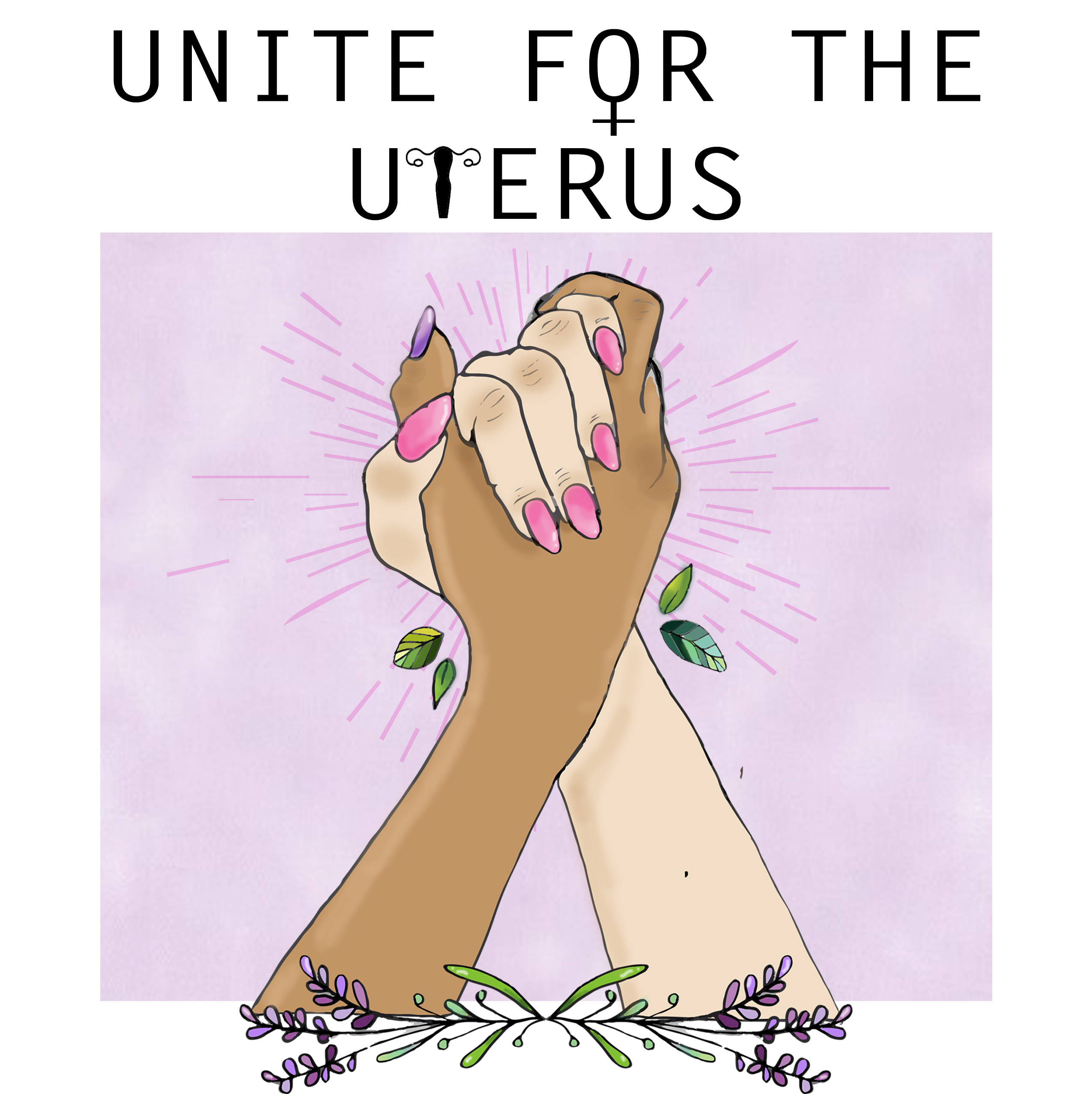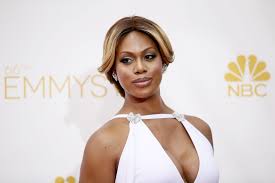To achieve the efforts of feminism, we must unite to include all women and acknowledge the various experiences of womanhood regardless of race, class, and sex. Intersectional feminism does just that through the understanding that there is an overlapping and independent system of discrimination and disadvantages for different women. Intersectionality in feminism is important because it notes that the issues that women face are not the same and go beyond the ones that impact white middle-class women as previous feminist movements have done. If the movement of feminism strives to seek gender equality and to empower women then wouldn’t it need to be intersectional?
That is exactly what Kimberlé Crenshaw a professor of civil rights, critical race theory, and law at UCLA law thought when she introduced intersectionality to feminism in 1989. She acclaimed that the identity of the marginalized is often excluded from political movements, something that she experienced as a woman of color. Crenshaw published a study of the relation between racism and sexism in the context of violence against women. In her article, she recognized that there is a correlation between a person’s identity and the oppression and discrimination that they encounter.
After her discovery, the term and movement have gained momentum in political movements. We thank Kimberlé Crenshaw for her influential work that has indeed brought unity to gender equality. Since then Crenshaw has had a successful career with many accomplishments in her field.
– Elected Professor of the Year by the 1991 and 1994 at UCLA
– Published Critical Race Theory 1995 and Words that Wound: Critical Race Theory, Assaultive Speech and the First Amendment in 1993
– Awarded the 2007 Fulbright Chair for Latin America in Brazil
– Nominated an Alphonse Fletcher Fellow
– Awarded with an in-residence fellowship at the Center for Advanced Behavioral Studies at
The movement for women’s rights and gender equality has been a hard one but to positively progress from where we are at we have to advocate for the employment of intersectionality. Feminism that doesn’t consider all women doesn’t accurately represent and acknowledge the issues and lives of the entire population of women. No women should be left behind because of their race, class, gender, sex, or disability because this fight is for all of us!





